Supporting a safer holiday journey
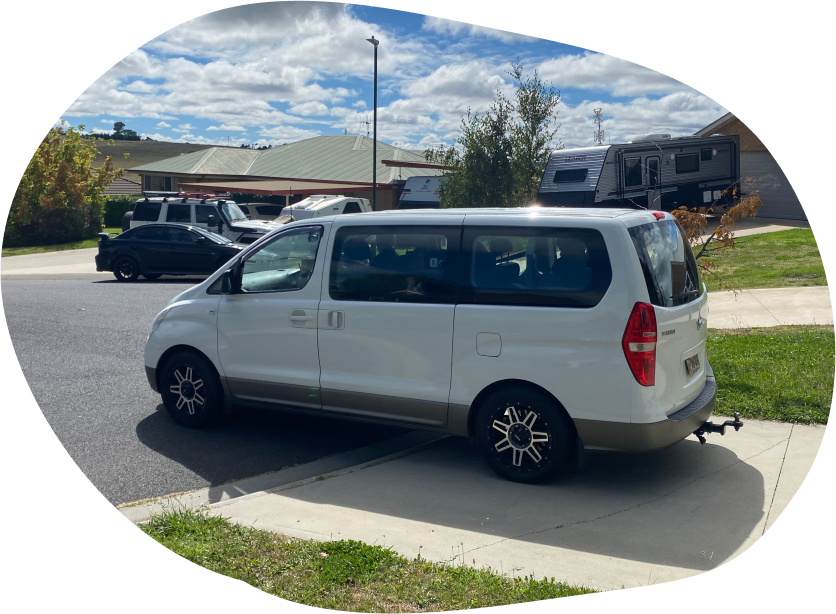
Challenging journeys
As families across Australia get ready to jump in the car and head away during the holiday season, there are many families of children and young people with disabilities and medical conditions who may be facing a challenging journey.
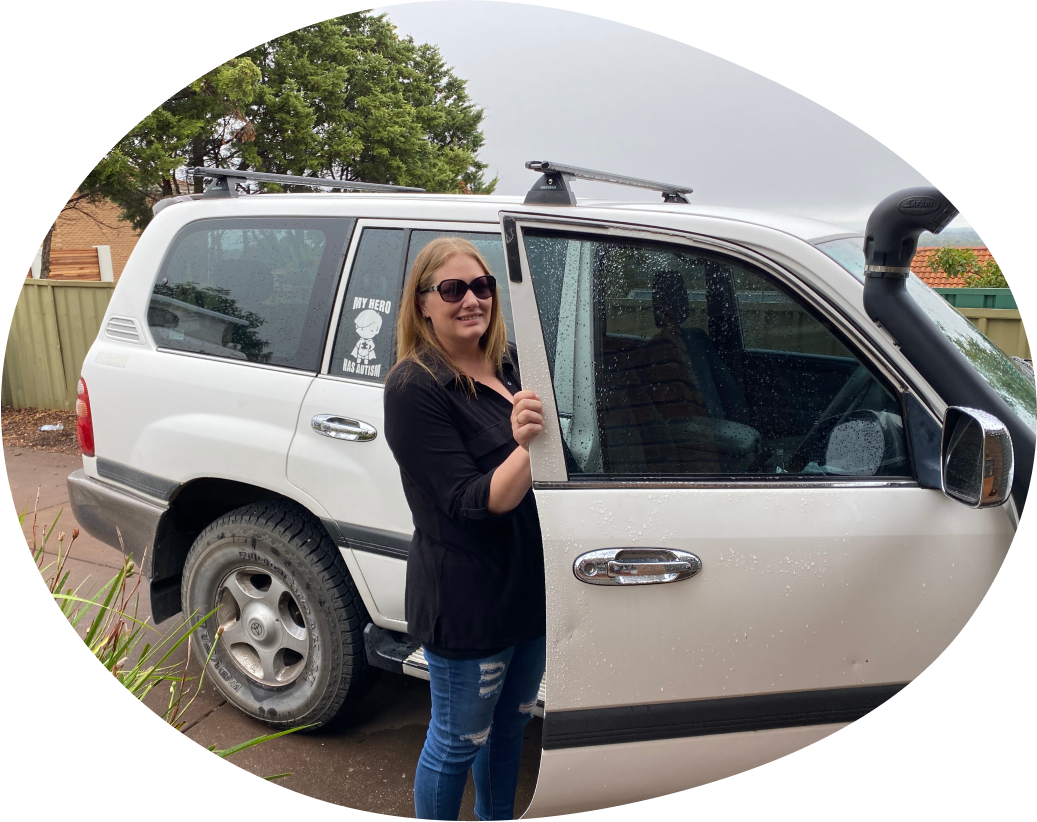
The data
In MACA’s national survey, more than half of parents reported that their child had gotten out of their child restraint or their seatbelt while they were driving, while more than two-thirds of caregivers reported never receiving information on safely transporting their child.
We know how difficult it can be for parents to find the information, support and vehicle restraint products they need to ensure their children with disabilities and medical conditions can travel in the car safely and comfortably.
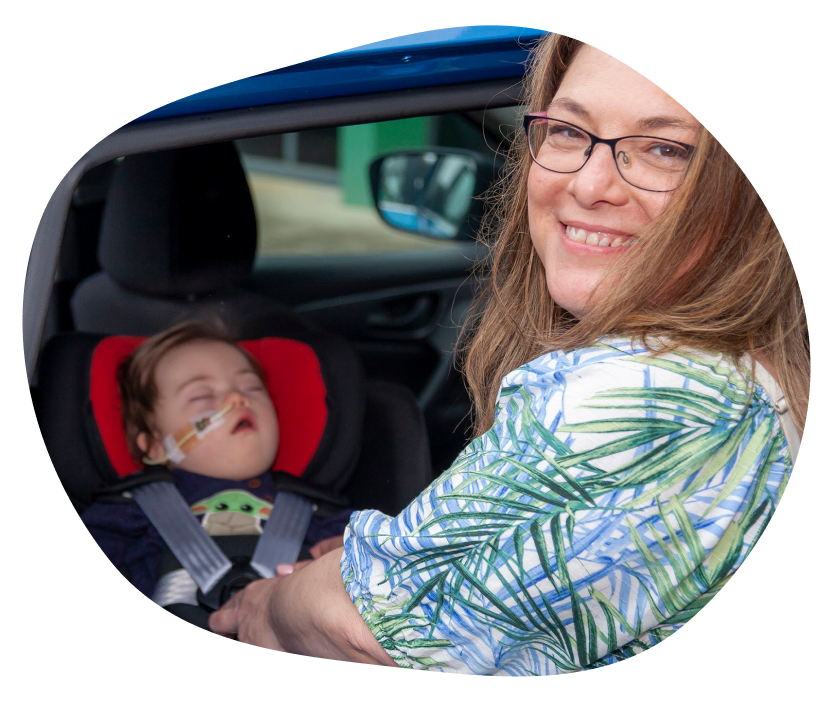
Information for parents
That’s why we have included trustworthy, evidence-based information all in the one spot on our website – to support parents with safe travel. This includes information about:
- Planning ahead and getting help with your child’s car travel needs
- Keeping safe on the road
- Supporting your child to stay seated in their car seat
- Special purpose car seats, used by some children with disabilities and medical conditions who are unable to travel in ‘off the shelf’ seats
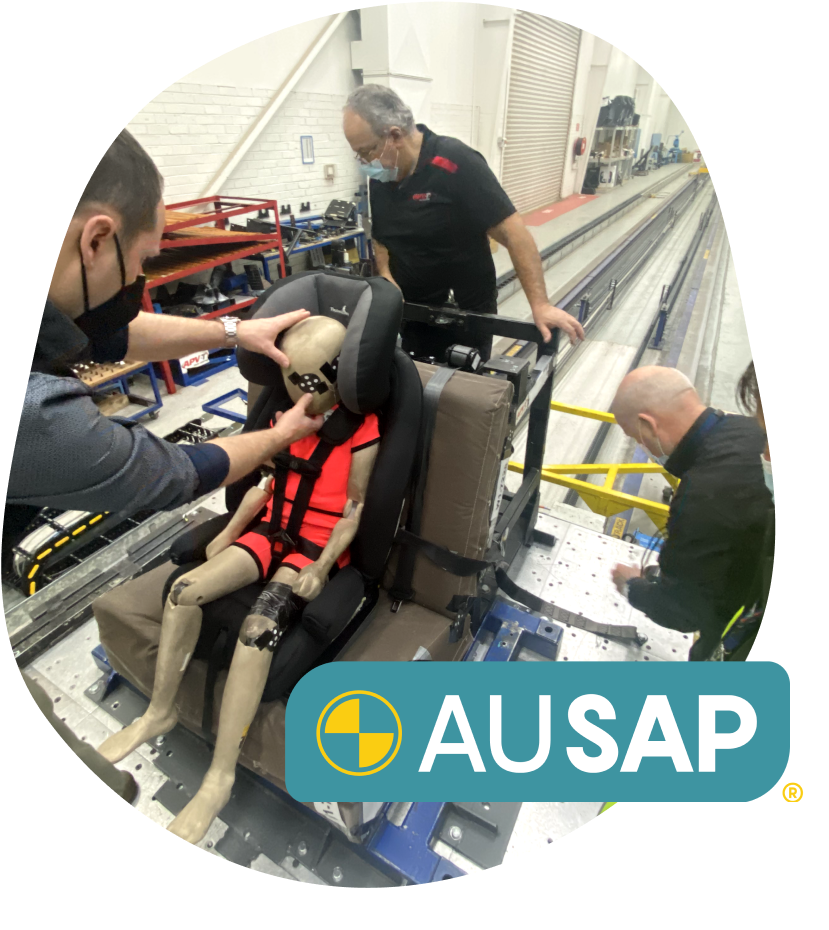
National product register
MACA has also completed 54 sled-crash tests on 15 different special purpose car seats to assess their strengths and limitations when it comes to safety, as part of our Australian Safety Assessment Program (AuSAP).
The car seats were assessed against selected criteria from Australia’s rigorous child restraint standard – the same standard that ‘off the shelf’ car seats must comply with here.
We have used the findings to launch a national product register of special purpose car seats, where, for the first time, families and the allied health professionals who support them can find independent safety information about each product.
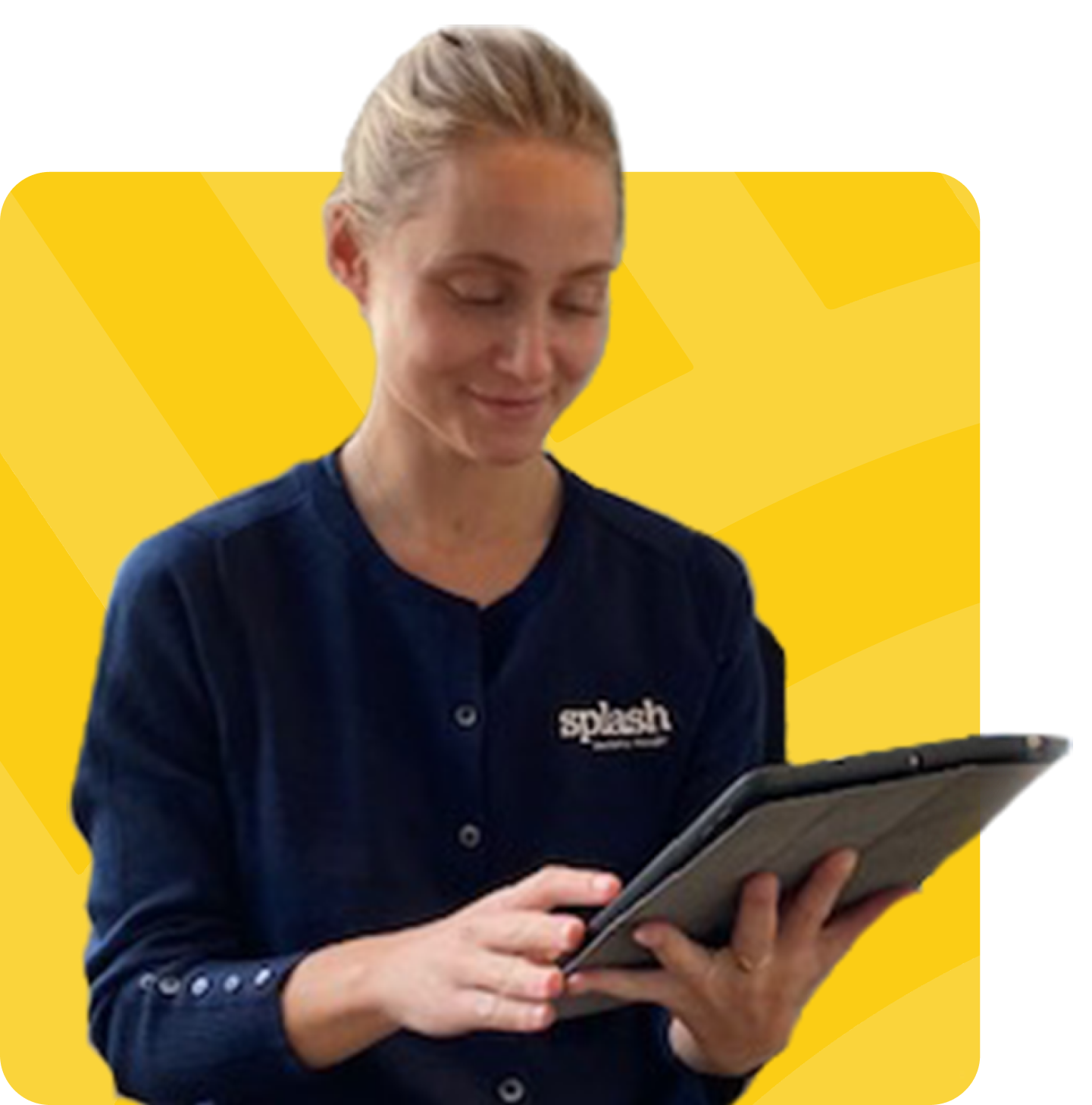
Allied health professionals
If you're experiencing challenges in the car (or other vehicles) with your child, and you're not already working with an allied health professional, we recommend you do this as soon as possible. They will be able to assess your child’s transport needs and provide support to improve your child’s safety and comfort.
It has been difficult for many health professionals and organisations to find accurate and trustworthy information to support families in this area, but MACA has launched specialised training and resources to guide them in their important role.
Connect with MACA
So before hitting the road during the holiday season, take a look at our comprehensive information for parents of children and young people with disabilities and medical conditions.
And if you’d like to keep updated about safe child transport, join the MACA Facebook community or sign up to our email news here.




